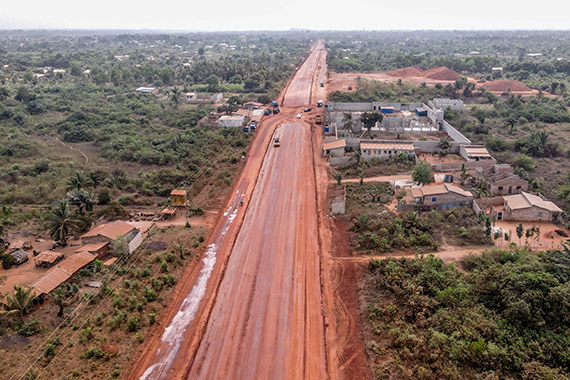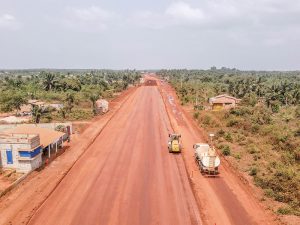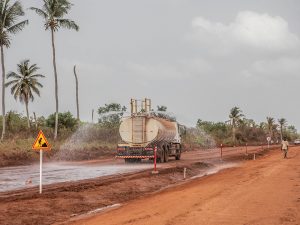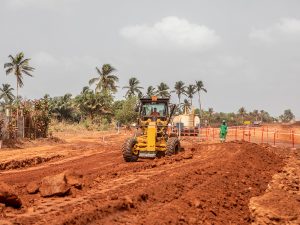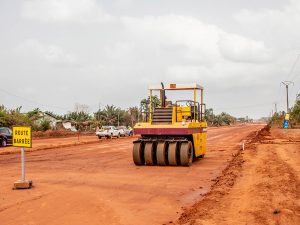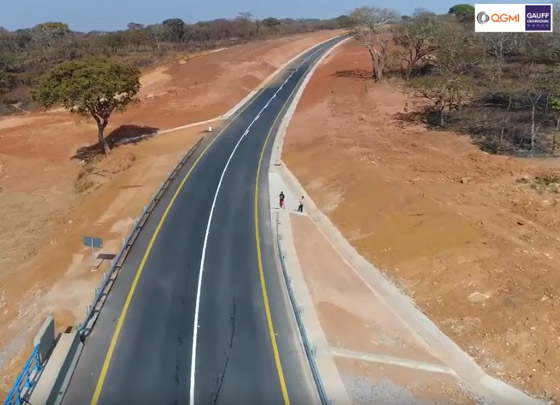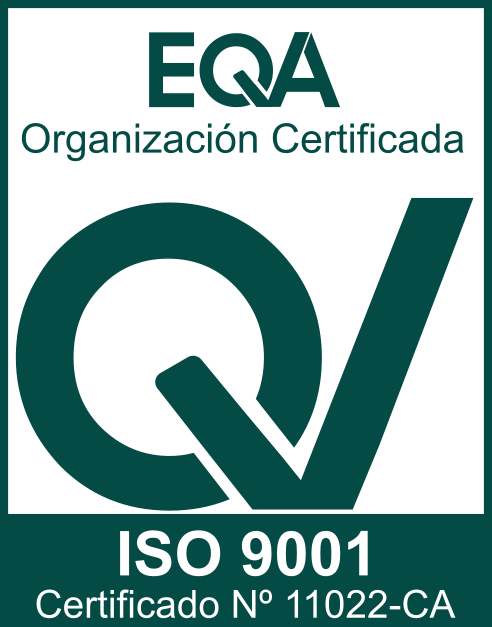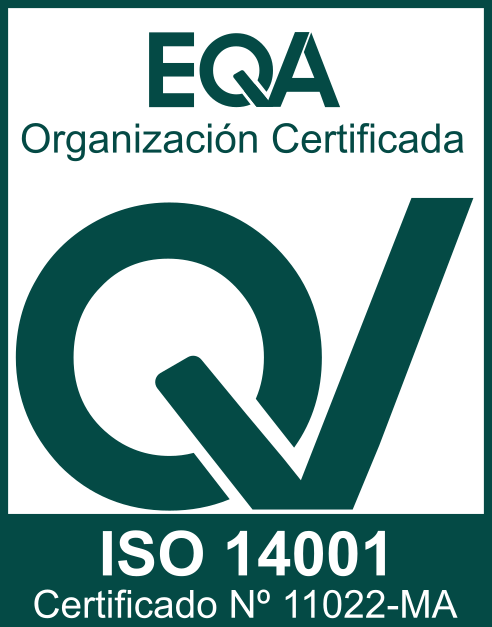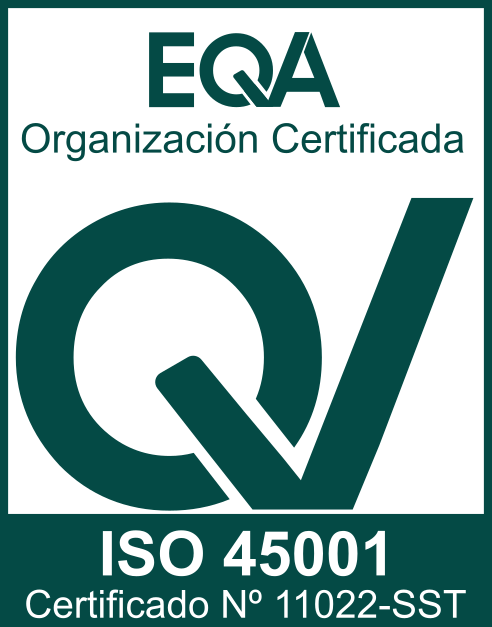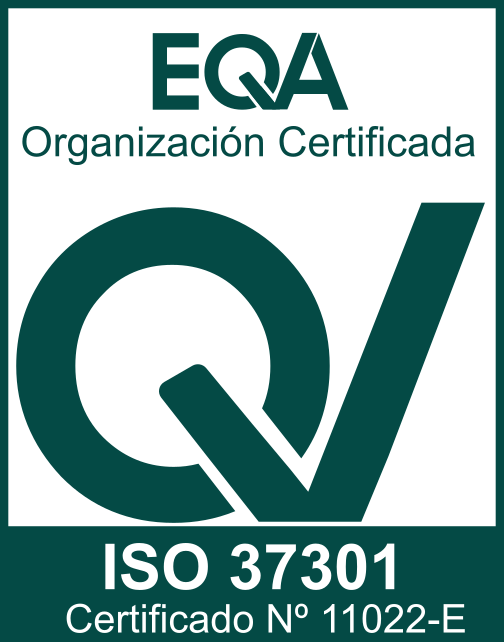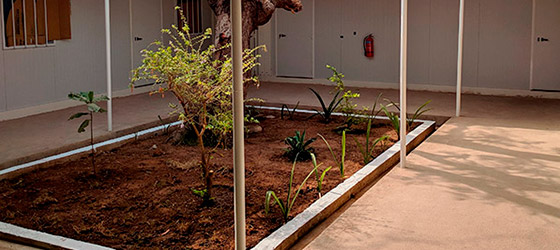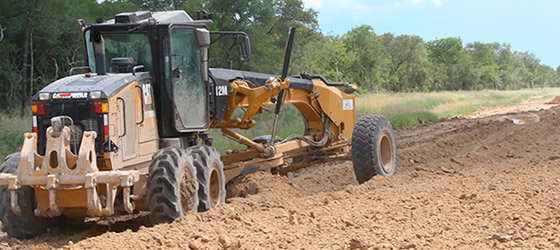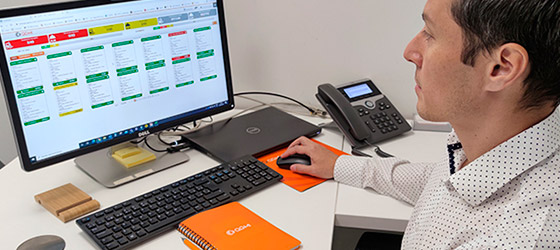Ouidah-Kpomassè road
BENIN
Project justification
Our objective is to build a 14-kilometre road between the towns of Ouidah and Kpomassè. This is an important project for the region as, once completed, it will connect the two towns and improve the population’s access to basic services.
Scope of Works
The scope of works icludes the following:
- Construction and paving of a 14-kilometre road.
- Earthworks, paving, drainage and signage.
Sustainability
The project is being developed under the highest international standards, in accordance with IFC regulations, World Bank EHS Guidelines and OECD Common Approaches.
The project is essential for the development of the region as, in addition to providing the local population with access to essential services, it will promote the development of local commerce and facilitate tourism in the area. It will also improve road conditions and safety for drivers.
